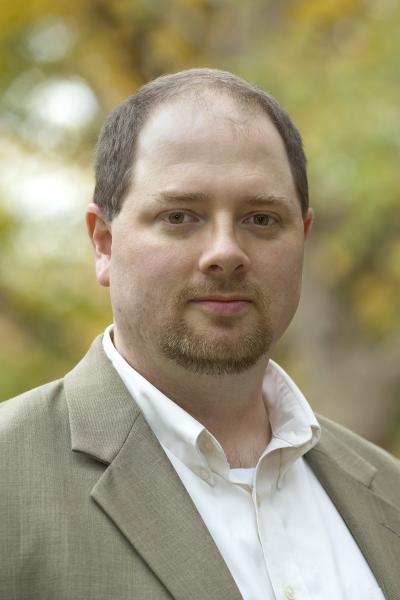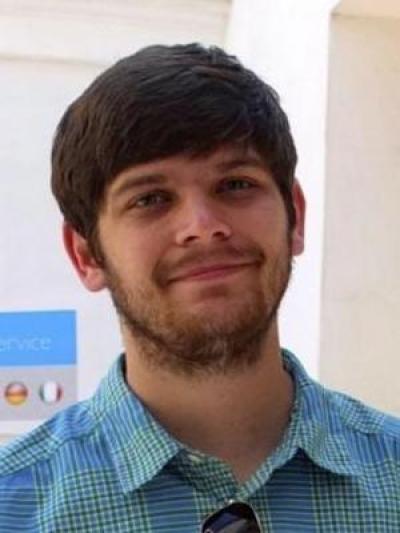Democratic Mobilization in an Islamic Democracy: Social Media and the 2015 Turkish Election

Principal Investigators: Robert Bond and Erik Nisbet, School of Communication
From the 2009 unrest in Iran, to the 2010 Arab Spring in Tunisia, to the 2011 revolution in Egypt, social media has played a critical role in Islamic politics.
In studying these examples of “Twitter revolutions,” scholars have concentrated mainly on authoritarian states, where social media provides an avenue of communication not controlled by the government. But what about countries where communication is allowed to be more free?
This is what a team of scholars headed by Robert Bond and Erik Nisbet in Ohio State’s School of Communication are examining through their research in Turkey, funded by a grant from the Mershon Center.
Working with Ali Çarkoğlu, professor of international relations and dean at Koç University in Istanbul, the team conducted a series of online surveys and experiments with almost 8,000 Turkish internet users in the months leading up to the June 2015 parliamentary elections. They also purchased a large dataset of posts on Facebook and Twitter from Turkish social media users, which they are using to evaluate political expression and predict support for parties.
Çarkoğlu spoke about this research on October 6, 2015, at the Mershon Center. More information is at http://go.osu.edu/carkoglu.
Scholars studying the use of social media in authoritarian states have found that it fosters democratic citizenship and political change by:
- teaching citizens about democracy socializing citizens into democratic values
- providing alternative sources of expression
- providing information not found in censored environments
- allowing more accurate evaluations of governing regimes
- acting as a resource for organizing and mobilization.

But does the same hold true of a more free society? Bond and Nisbet’s team sees Turkey as an excellent case for examining this question. First, as a longstanding member of NATO situated near Iran, Iraq, and Syria, Turkey is an important national security priority for the United States.
Second, the Internet is more widely available in Turkey than in other countries in the region. Almost half the population has Internet access, and of those, 88 percent or 36.5 million use Facebook, making Turkey the seventh-largest population of Facebook users in the world.
Third, Turkey is considered “partly free” in political and civil liberties, media, and Internet expression. While the dominant Justice and Development Party (AKP) has been accused of suppressing political and civil liberties, secular and urban elites have engaged in protests against the government. Although these protests were largely ignored by mass media, social media became the dominant source of information about the protests and a means to mobilize.
The research team plans to use its findings as the basis for several journal articles as well as grant applications to the Religion and International Affairs program at the Henry Luce Foundation and the Political Science program at the National Science Foundation. The project also ties in directly with the data analytics portion of The Ohio State University’s Discovery Themes.
Investigators
Filters: 2014-2015, Communication
